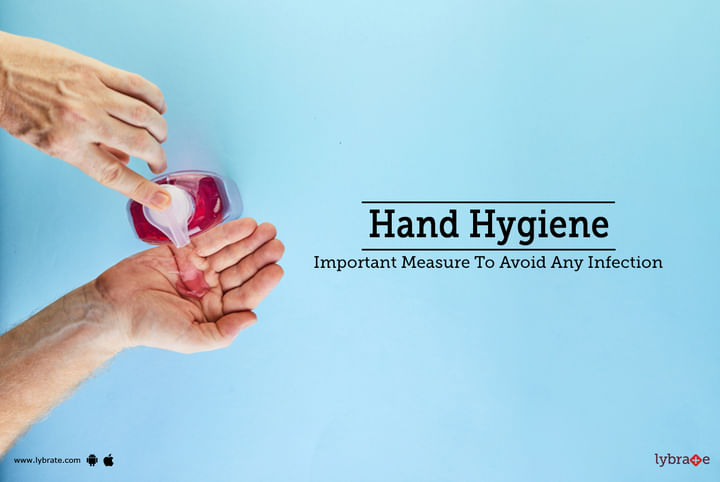Hand Hygiene: Important Measure To Avoid Any Infection
Handwashing is a simple technique for individuals of all ages to stay safe and healthy. It doesn't take much work or time, and it can help you avoid infections like the common cold and flu, as well as diseases like Hepatitis A and worm infestation. Hand washing can help preserve your health if done correctly and on a frequent basis.
Handwashing, on the other hand, is more than just putting your hands in water and getting the job done. There are a few things to keep in mind when practicing proper hand hygiene. You could end up with even more germs on your hands if you don't do it correctly.
Measures You Should Take
-
Wet your hands with clean, cold, or warm water from the faucet.
-
Hands should be washed with light soap. To make a lather, rub your hands together for at least 20 seconds. Germs and grime are removed by the soap and friction created by rubbing your hands together.
-
Cover the back and front of your hand, as well as the wrist, beneath the fingernails, and between the fingers.
-
To prevent water from moving from the most polluted to the least contaminated region, keep your forearms and hands lower than your elbows.
-
After properly washing your hands, pat them dry with a clean towel, paper, or air drier. If at all feasible, use a towel to turn off the faucet. Pat your hands instead of scrubbing them with a towel to avoid chapping.
Measures To Avoid
-
Do not use hot water to wash your hands. There is no information that proves that hot water is more effective than warm or cold water in eliminating germs. In fact, washing with hot water causes the skin to chap and become more susceptible to bacterial infections.
-
Allowing water to stream over your hands while lathering will merely wash away the soap and reduce the effectiveness of handwashing.
-
After washing your hands, avoid touching the sink's surface since it will be infected with germs that are undetectable to human sight.
-
When washing your hands, avoid using a soap bar because it will most likely include bacteria after each wash. Instead, use liquid soap. To wash your hands, simply squeeze a coin-sized quantity — it's safer and more convenient.
-
Don't forget to wash your hands even if you don't have access to clean water or soap. Use a hand sanitizer that contains at least 60% alcohol instead.



+1.svg)
